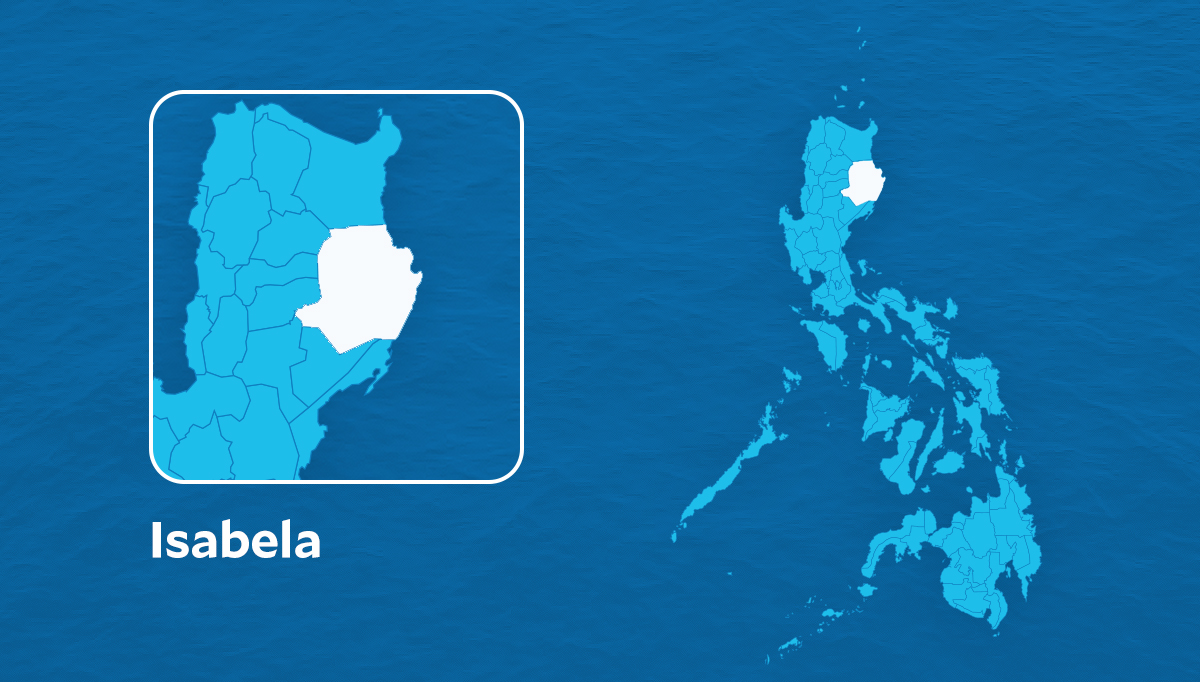
INQUIRER FILES
CITY OF ILAGAN, Isabela — Intense winds and torrential rains from Typhoon Nika (international name: Toraji) forced at least 5,220 residents, or 1,783 families, to evacuate to safety in Isabela on Monday, Nov. 11, according to the provincial disaster risk reduction management council.
In Ilagan City, 104 families, or 348 people, have taken refuge in evacuation centers.
Article continues after this advertisementMeanwhile, Maconacon town recorded 279 families, totaling 799 evacuees, as the storm battered the coastal area, reported Butch Bartolome, the town’s disaster risk reduction officer.
FEATURED STORIES NEWSINFO Storm Ofel gains strength; Luzon landfall forecast on Nov. 14 NEWSINFO Tropical Storm Ofel enters PAR, may reach typhoon status Nov 13 NEWSINFO ‘Count me out’ as Davao mayor, says ‘tired’ Duterte“Debris is flying everywhere, and trees are uprooted,” shared Angelo Erece, a resident of Dinapigue, which has 212 families, or 463 evacuees, in shelters as of Monday due to the typhoon.
In Echague, resident Jessielyn Almoguerra noted that strong winds had torn away some corrugated roofing sheets.
Article continues after this advertisementAlong the coast, Palanan has 94 families, or 286 individuals, in evacuation centers, while Divilacan reported 37 families, or 130 evacuees, seeking shelter from the storm.
Article continues after this advertisementAdditional towns reporting evacuees include Alicia, Aurora, Benito Soliven, Cabagan, Burgos, Echague, Gamu, Luna, Naguilian, Ramon, Roxas, San Guillermo, San Isidro, San Mariano, and Santo Tomas.
Article continues after this advertisementProvincial administrator Noel Manuel Lopez issued an online appeal, urging Isabela residents to stay indoors and avoid gathering driftwood, fishing, or running errands outside.
Gov. Rodolfo Albano III also reassured residents via the provincial government’s page that they had pre-positioned essential supplies and aid.
Article continues after this advertisement“Even if there are floods, we are ready,” he said, adding, “pero sana di mangyari ang pagbaha (we hope there will be no flooding)… fortunately, most of our crops have already been harvested.” INQ
Subscribe to our daily newsletter
